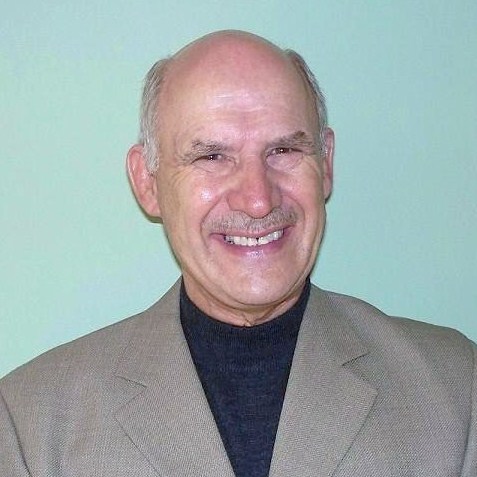On spiritual matters, it is our responsibility to make up our own minds on what we believe and how each one of us individually sees and appreciates the spirituality of our world, or indeed rejects any such thing. In so doing, we must be mindful to try to rely too heavily on the great and fickle sway of public opinion. Remember, in our spirituality, we live alone with our beliefs, and we die alone with our beliefs. A well-informed view of our own is of much more benefit than the collective ignorance of the many. So, we must make our own decisions on what we believe as wisely as we can, based on our own thinking, our own analysis, our own personal views, and our feelings. We must not settle for the daily roar of public and collective ignorance. In times of great upheaval, such reliance will all too often let us down. Faith-based living, which stresses the need to “ponder anew what the Almighty can do,” in helping us help ourselves and each other, has always made eminent sense to me. And for those who say or imply this is spiritual mush, I say beware of them.
Ignorance of the masses is a simple fact, and the masses can behave with frightening unreliability, and yet also be predictable. My years in policing, especially as it pertains to people’s behaviour in times of public trauma and panic, have left me with a low appreciation of what people, just by themselves, can do for each other. Under extreme duress, often our herd instinct causes us to scatter and become lost. Yet, in our day- to-day lives, we complain and gripe as though we know it all, and what is best for each one of us and all of mankind. And on the surface, so many of us do it all with such absoluteness—a marvellous example of ignorance being bliss.
My own belief in God stems from my Christian upbringing that espoused truth, justice, and righteousness, laced with compassion and mercy. And an ongoing challenge for Christians is the practice of love and compassion, with care for the weak and vulnerable. “Thou shalt love thy neighbour as thyself.” And in being charitable to the poor we must ensure that their dignity is respected.
Many of us live and die with our choice to believe or not believe unaddressed. Others pointedly stake out a position. It is at a critical point of influence, when our finest and tiniest thoughts swirl and coalesce to form our considered view. We need to hover, and keep boring deeper, and even revisit. Far too many of us, once we make up our minds, are no longer open to further consideration, even with important, new, and persuasive information. It is not that we plan to be that way; it is simply the way many of us are. Being creatures of comfort both in mind and body, levels of uncertainty in our beliefs can sometimes result in too much mental wrestling and discomfort.
Sometimes the need emerges to up our comfort level by taking a firm position so that we can migrate to the easier and more relaxed position of defence mode. Whether right or wrong, that feeling of certainty often brings relief. Perhaps one could distinguish believers and nonbelievers as those who struggle to find reasons to believe, and those who struggle to find reasons to not believe.
Our conscience, and we all have one, is that sprawling piece of territory where we can find pretty much whatever we’re looking for. Let’s suppose for a minute or two that our conscience is somewhat like a committee, where many and varied viewpoints are advanced. We listen, we ponder and mull over our various thoughts; some are stronger and more convincing than others; some are pressing and more persistent; some are annoying even to the point of being scary. Other thoughts are outright scary; some are weak; others are overbearing and almost controlling. It is in this territory of deep soul searching, where choices are popping up everywhere, we realize we must take a stand and disagree with some committee members and agree with others. It is at this juncture that we find reasons to say yes or reasons to say no.




